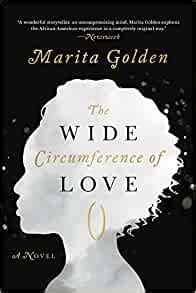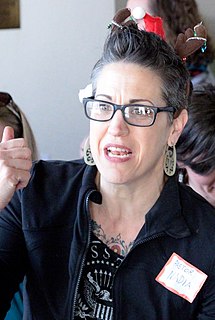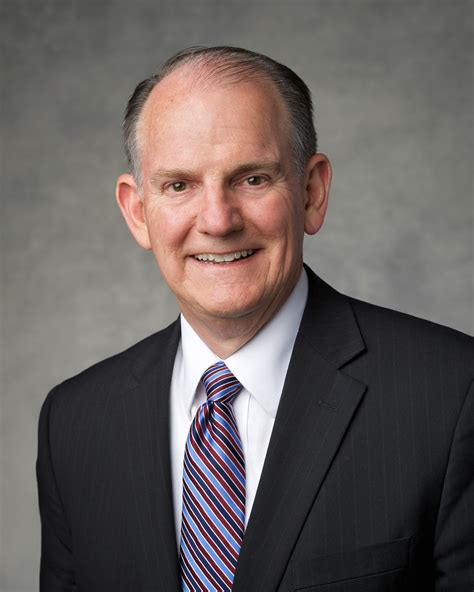A Quote by Simone Weil
Men owe us what we imagine they will give us. We must forgive them this debt.
Related Quotes
The Bible is clear about two principles: (1) We always need to forgive, but (2) we don’t always achieve reconciliation. Forgiveness is something that we do in our hearts; we release someone from a debt that they owe us. We write off the person’s debt, and she no longer owes us. We no longer condemn her. She is clean. Only one party is needed for forgiveness: me. The person who owes me a debt does not have to ask my forgiveness. It is a work of grace in my heart.
True friends see who we really are, hear our words and the feelings behind them, hold us in the safe harbor of their embrace, and accept us as we are. Good friends mirror our best back to us, forgive us our worst, and believe we will evolve into wise, wacky, and wonderful old people. Dear friends give us their undivided attention, encourage us to laugh, and entice us into silliness. And we do the same for them. A true friend gives us the courage to be ourselves because he or she is with us always and in all ways. In the safety of such friendships, our hearts can fully open.
We black women must forgive black men for not protecting us against slavery, racism, white men, our confusion, their doubts. And black men must forgive black women for our own sometimes dubious choices, divided loyalties, and lack of belief in their possibilities. Only when our sons and our daughters know that forgiveness is real, existent, and that those who love them practice it, can they form bonds as men and women that really can save and change our community.
And questions give us no rest. We know not why our curse makes us seek we know not what, ever and ever. But we cannot resist it. It whispers to us that there are great things on this earth of ours, and that we can know them if we try, and that we must know them. We ask, why must we know, but it has no answer to give us. We must know that we may know.
In the ancient world individuals have sold themselves as slaves, in order to eat. So in society. Here is a witch-doctor who can save us from the sorcerers - a war-lord who can save us from the barbarians - a Church that can save us from Hell. Give them what they ask, give ourselves to them bound and blindfold, if only they will! Perhaps the terrible bargain will be made again. We cannot blame men for making it. We can hardly wish them not to. Yet we can hardly bear that they should.
When an injustice happens, we want to be vindicated. People feel that if they forgive the person who hurt them, then they will continue to take advantage of them or not take responsibility for what they did wrong. If we're honest, we'll admit that we usually want the person who hurt us to pay for what they did. We can't get past this until we get the revelation that only God can pay us back. He is our Vindicator - He will heal and restore us if we will trust Him and forgive our enemies as He has told us to do.
A good end cannot sanctify evil means; nor must we ever do evil that good may come of it. We are too ready to retaliate, rather than forgive, or gain by love and information. And yet we could hurt no man that we believe loves us. Let us, then, try what love will do: for if men do once see that we love them, we should soon find they would not harm us. Force may subdue, but love gains; and he that forgives first, wins the laurel.
Let us also love our neighbors as ourselves. Let us have charity and humility. Let us give alms because these cleanse our souls from the stains of sin. Men lose all the material things they leave behind them in this world, but they carry with them the reward of their charity and the alms they give. For these they will receive from the Lord the reward and recompense they deserve.
We forgive, if we are wise, not for the other person, but for ourselves. We forgive, not to erase a wrong, but to relieve the residue of the wrong that is alive within us. We forgive because it is less painful than holding on to resentment. We forgive because without it we condemn ourselves to repeating endlessly the very trauma or situation that hurt us so. We forgive because ultimately it is the smartest action to take on our own behalf. We forgive because it restores to us a sense of inner balance.
The arts and humanities define who we are as a people. That is their power -- to remind us of what we each have to offer, and what we all have in common. To help us understand our history and imagine our future. To give us hope in the moments of struggle and to bring us together when nothing else will.
Here ends the story of a ship, but there will always be other ships, for we are an island race. Through all our centuries, the sea has ruled our destiny. There will always be other ships and men to sail in them. It is these men, in peace or war, to whom we owe so much. Above all victories, beyond all loss, in spite of changing values in a changing world, they give to us, their countrymen, eternal and indomitable pride.
A good end cannot sanctify evil means; nor must we ever do evil, that good may come of it... It is as great presumption to send our passions upon God's errands, as to palliate them with God's name... We are too ready to retailiate, rather than forgive, or gain by love and information. And yet we could hurt no man that we believe loves us. Let us try then what Love will do: for if men did once see we love them, we should soon find they would not harm us. Force may subdue, but Love gains: and he that forgives first, wins the laurel.








































